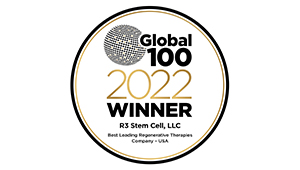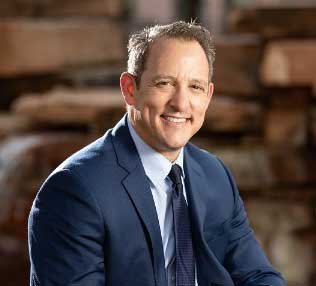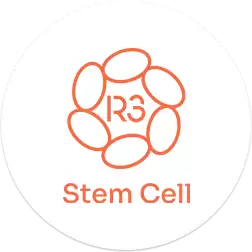Autism is often referred to as autism spectrum disorder (ASD). It’s a mental health disorder from birth that causes a delay in neural development and is typified by signs and symptoms like impaired social interactions and communication, challenges with social skills, repetitive behavior, mood alterations, and problems with thinking, memory, and speech.
Also, physical symptoms like sleep disorders and digestive issues can result from autism spectrum disorder. Statistical analysis of the CDC shows that at least 1 in 54 children in the United States is suffering from autism.

How stem cell therapy comes into play with autism
Autism is a neurological disorder that occurs by birth and characteristically affects the parts of the brain that form and process information. Autism changes the connections in the nerve cell and the way they’re structured to process information.
Over the years, conventional therapies like medical management and educational interventions, and psychoactive drugs or anticonvulsants have been the treatment and management for autism. However, they’re not a 100% effective treatment for autism spectrum disorder.
Recently, stem cell therapy has begun to show a safer and more effective treatment method for autism spectrum disorder. It’s an entirely different tool, as stem cell therapy has a high chance of positively influencing nerve function, metabolism, and the ad immune system. Also, stem cell therapy can help to restore the damaged nerve cells and tissues in the body. Existing research shows that this form of treatment is effective in treating neurological conditions that autism spectrum disorder is a part of.
How stem cell therapy improves signs and symptoms of autism
The particular stem cell therapy treatment for autism is the umbilical cord tissue-derived mesenchymal stem cells (UCTMSCs). The umbilical cord-derived MCSs cells have a superior proliferation ability and contain more liable cells – typically 10 times more viable than cells derived from the bone marrow. Also, these cells have strong immunomodulatory and immunosuppressive abilities that considerably reduce the chances of any form of tissue rejection. Also, their regeneration rate is more advanced when compared to autologous adult stem cells. Lastly, they’re less affected by different environmental toxins and can resist the aging process.
Clinical trials have shown that mesenchymal stromal cells (MSCs) have the ability to reduce the severity of ASD because they can stimulate the activation-regulated chemokine (TARC) and macrophage-derived chemokine (MDC). The administration of these cells benefits the body by reducing neuroinflammation and easing symptoms of autism spectrum disorder. Stem cell therapy can help improve the following signs and symptoms of autistic patients;
- Improvement of digestion and increased tolerance of food,
- Better and more amicable eye contact,
- Decreased hyperactivity and aggression,
- Improved verbal communication, listening, compulsive motor mannerisms, and general repetitive behavior,
- Increase in attention span and concentration,
- Enhanced motor and self-improvement skills,
- Helps to reduce anxiety when relating to strangers, anxiety for bright light and loud noises, and the fear of unfamiliar places.
- Improved sleep patterns.

R3 Phoenix stem cell treatment centers treat patients with autism by repairing the underlying neurological damage for improved quality of life. Please book an appointment with the chat feature for stem cell therapy in Phoenix, Arizona.

Dr. David Greene
MD, PhD, MBA
Dr. David Greene, MD, PhD, MBA, is a pioneering leader in regenerative medicine and healthcare marketing. As a residency and fellowship-trained orthopedic surgeon, Dr. Greene transitioned from clinical practice to become the founder and CEO of R3 Stem Cell and US Lead Network, where he has revolutionized patient care and medical practice growth through innovative therapies and digital marketing strategies. He has authored two influential books on healthcare internet marketing, ranks among the top expert authors globally, and has been featured on the cover of Corporate Vision magazine for his impact on global regenerative therapies. Beyond his professional achievements, Dr. Greene is passionate about education, compassion, and continuous innovation.

Sorry, the comment form is closed at this time.